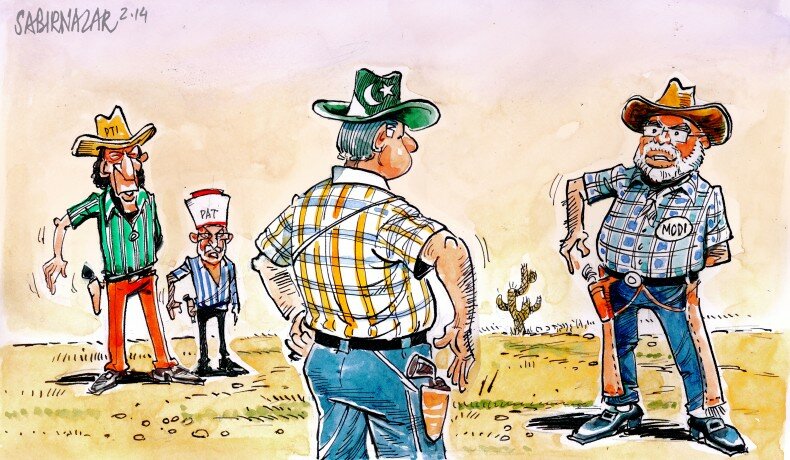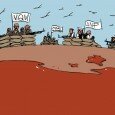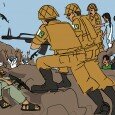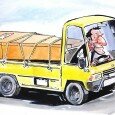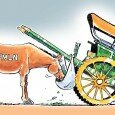Being uneventful is something that is not in the nature of Indo-Pak relations. The border skirmishes along the Line of Control, as well as the calculated venom that was the hallmark of all statements from that side of the border during the exchange of fire, clearly indicate that India has adopted a whole new playbook when it comes to Pakistan. These latest skirmishes on the border are a reminder of just how fragile peace can be on the Working Boundary.
South Asia is not the Wild West and Premier Modi would do well to remember that. More than just being nuclear-armed neighbours, Pakistan and India share a lot of complicated history. Both are also unique in the world and fighting their own demons, internally and externally. Being the new kid on the block, the new government in New Delhi is trying to make a firm first impression. But they seem to be forgetting that in the case of this neighbourly dispute, both sides must always tread lightly. This situation requires serious statesmanship, not school yard tactics.
Timing has always been our worst enemy. Political instability – despite a dwindling in its ranks – is still camped outside the lawns of parliament. Operation Zarb-i-Azb rages on in Waziristan, while separate action is ongoing in Khyber Agency and, soon, Orakzai as well will see military intervention. Polio continues to paralyze our nation’s children and this year we are on track to break all records. Consumers already buckling under the pressure of inflated electricity bills are now face with the prospect of an impending hike in gas prices too.
The respite that the public has been able to enjoy in terms of a decline in fuel, commodity and transport prices has been the subject of a comical dispute. Much like TV news channels rushing to claim credit for showing you images of death and destruction before the other, it seems the Pakistan Tehreek-i-Insaf is trying to hijack the credit for dropping oil prices. But such gimmicks are to be expected ever since Imran Khan’s neighbor of over two months, Dr Tahirul Qadri, decided to call it a day.
Some say that the firebrand revolutionary from Canada was looking for a way out. Others say that his revolution has run out of steam, or cash. More still insist that he has made a deal with the ruling party. Whatever the reason for his unceremonious departure from his perch on Constitution Avenue, he has promised to return and contest the next elections. Questions remain in the mind of the public, however. What kind of support he will be able to muster then, if this is his level of commitment now? How do we know he will stay the course and not just leave supporters in the lurch, as he did now?





















































































